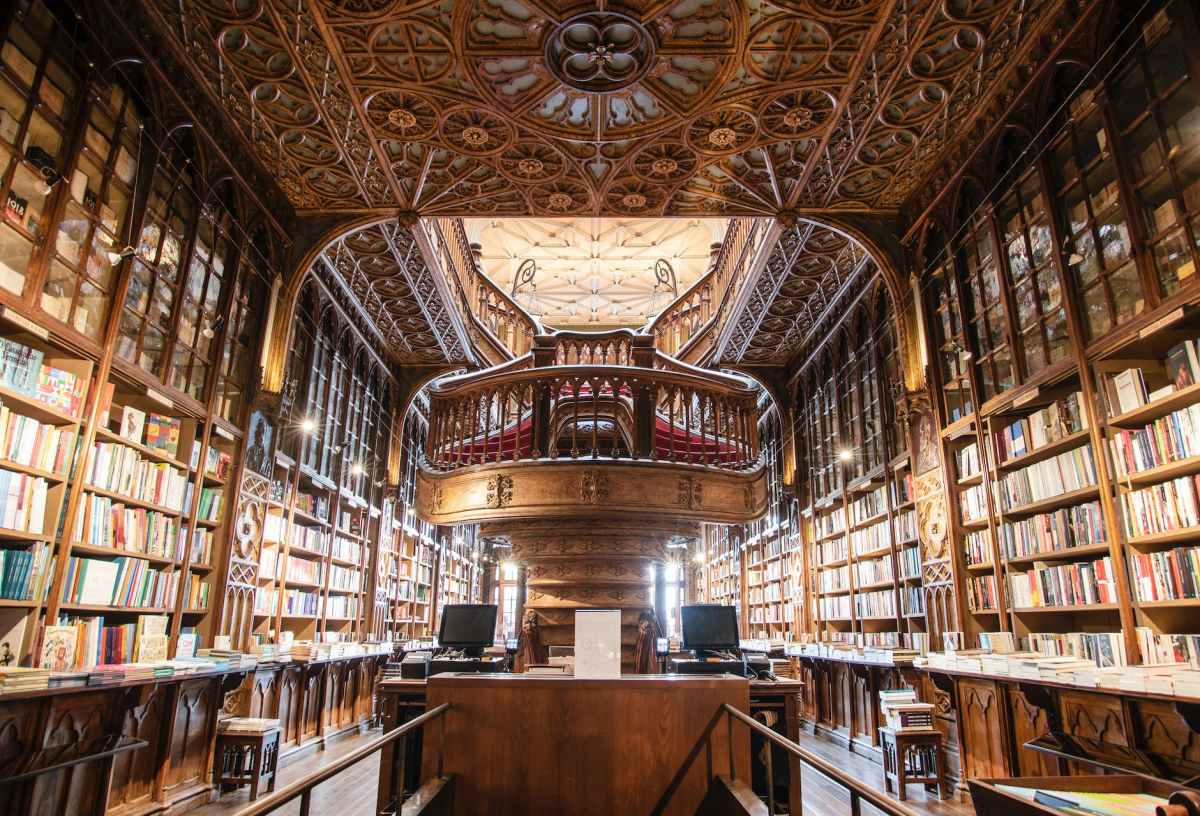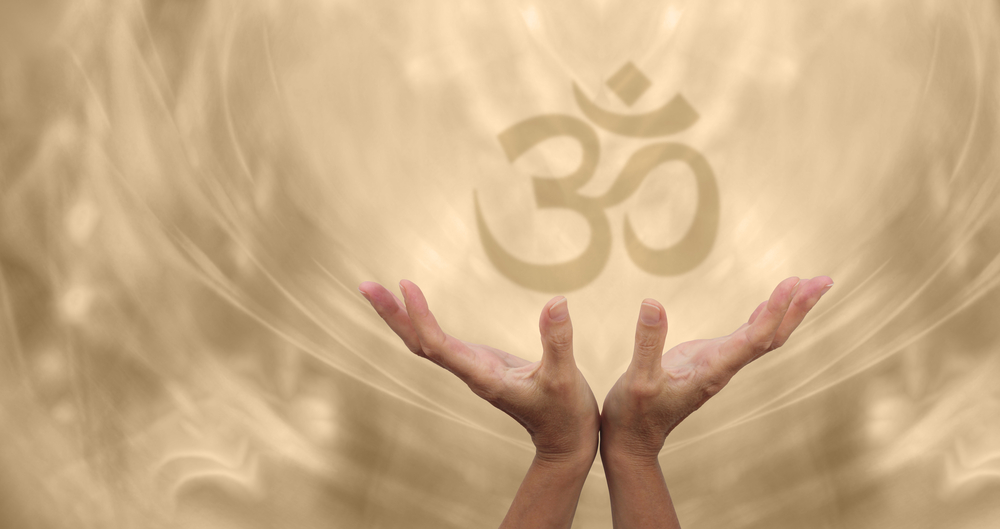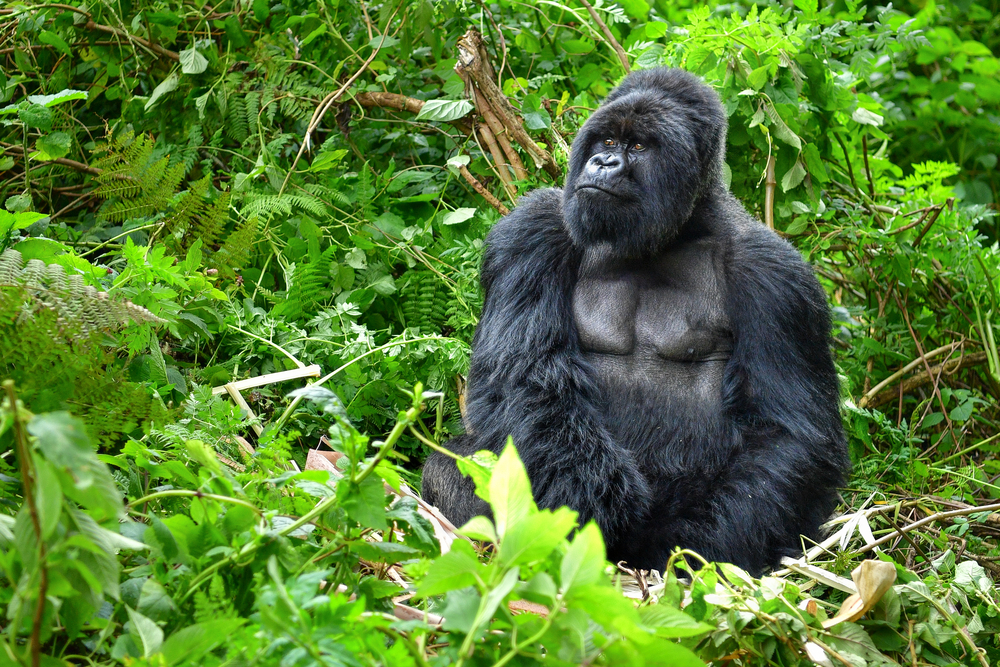The native British Foxglove plant (Digitalis Purpurea) takes two years to grow to maturity, and then flowers and dies, all in one season. They come up every year, in the wild (or in a self-seeding garden) because there are enough mature plants, each year, to produce seeds that will, themselves, mature in two years’ time. It’s hard for us, with our span of four score years and ten (if we’re lucky) to comprehend a span of just two years. Or why it is two years and not just a single season.
Continue reading “Foxgloves”Month: June 2023
The World Carries On
You can easily see why most people discard any theories of how the world could be made a better place, if only we all … Well, whatever it is that they see as a solution, be it stopping oil, cleaning up our rivers, insulating our homes or reducing plastic waste. But whatever you seek to change, there’s a massive inertia – not merely a resistance to change, but even a pressure to carry on with the bad habits.
Continue reading “The World Carries On”Can’t You Just Help Me?
“I don’t need any homespun philosophy. I don’t need you to tell me that my problems are all in my head. Can’t you just put aside your high ideas and give me some practical help?”
Continue reading “Can’t You Just Help Me?”Freedom Is What You Choose
There are times when we feel on top of the world: making the right choices and reaping the just rewards. There are other times when we fell ‘hemmed in’; unable to do what we feel we should; blocked from gaining those rewards – either because someone else blocks us, or perhaps just because the dice don’t fall in our favour. Both are illusions. And although it may feel that the first provides some sort of freedom, it really doesn’t, because that run of good luck won’t last.
Continue reading “Freedom Is What You Choose”One Of A Kind
It may seem trite – almost sententious – to observe that each of us is a unique being. Of course we are: and in all respects. There is not a single thing about us that is identical to another being. Even though we share a lot of DNA with others, the expression of that genetic code is unique to each of us. Yes, there are many features that work the same way, but even then – even at the lowest level of our biochemistry – there are also variations.
Continue reading “One Of A Kind”Common Sense
The French philosopher, Simone de Beauvoir, wrote, “Le principal fléau de l’Humanité n’est pas l’ignorance, car l’ignorant a souvent des excuses, mais le refus de savoir.” [The principal scourge of humanity is not ignorance, because the ignorant often has excuses, but the refusal to know.] One can, for instance, excuse the person who has to work long days at some menial task and then spends their remaining, waking hours caring for a family. They have little time for ‘research’. But it is harder to excuse the middle class person with an easier occupation and time for leisure. When such a person does not seek to ‘know’ but merely to ‘conform’, their wilful ignorance retards the whole of humanity.
Continue reading “Common Sense”Life Is Real
For third book of his series, “All And Everything,” the philosopher G.I. Gurdjieff chose the title “Life Is Real Only Then, When I Am.” He intended this book as a guide to what a ‘real’ life (and a real ‘I’) should be like, but he died before he could finish it. The content of the book is therefore still fragmentary. And yet, fifteen years elapsed between laying out the structure of the book and Gurdjieff’s death: years in which Gurdjieff used it for teaching his small band of the most dedicated and receptive students. He even told the ‘heir’ to his ideas – Jeanne de Salzmann – not to publish the third book until it was clear that the time was right. But what time?
Continue reading “Life Is Real”The Essence Puzzle
It is not so hard for us to get an intuitive grasp of the idea of a triune nature of Man, as Body, Mind and Spirit. We think we understand that Mind is somehow ‘contained in’ the physical body – deeply interlinked but somehow separate. And although we barely understand Spirit, we ‘hope’ that it links us to something less transient than the physical world. When people die, we like to believe that Spirit lives on, and that it somehow sustains Mind, allowing a continuation of life, after death. But these ideas are vague at best.
Continue reading “The Essence Puzzle”Gorilla In A Bottle
Each of us is – in the way we approach the world around us – a bit like a 400lb gorilla in a small, glass bottle. First, there’s the paradox of something so large in a container that’s so small, but the gorilla is how we feel to ourselves, not necessarily how the world sees us. Then there’s the way that we wilfully constrain our world – make the bottle small – so that we can make our immediate environment a more manageable [predictable] place. We even cut out lots of things that we know to be true, only because they are inconvenient and uncomfortable for the gorilla.
Continue reading “Gorilla In A Bottle”Apathy And Fundamentalism
These two trends – apathy and fundamentalism – affect all walks of life where we do something (collectively) that we no longer understand. They are two ends of the same stick: apathy is withdrawal, whilst fundamentalism is renewal of the form, without care for the function. Apathy indicates that we no longer wish to exert energy for unknown benefits; fundamentalism indicates that we are still committed. We probably know these trends most in the context of religion, but one can see them in politics, science, education and business.
Continue reading “Apathy And Fundamentalism”









